So, I’ve finally found a bit of time to play Silent Hill: The Short Message. Yes I know I’m behind but I’ve been working through a massive, seemingly unending parade of RPGs, and there are only so many hours in the day. Additionally, as far as a horror fix goes, I’ve been enjoying Death Mark 2 a great deal. At the same time, I’ve being playing Banishers: Ghosts of New Eden, and a bunch of big JRPGs, including a big upcoming one that I can’t mention by name just yet.
Across this breadth of experiences, I’ve been struck by the contrast between Japanese game development, especially in storytelling genres like JRPGs and horror, and western game development. It’s a schism that seems to be becoming more and more pronounced over time, and while I’m not going to be saying anything that hasn’t been observed before in this piece, the last few weeks have really reinforced it in my mind.
Speaking generally (yes there are always exceptions to the rule), the difference between “JRPG” and “RPG” and Western and Eastern horror has nothing to do with mechanics, aesthetics, or budgets. It’s not a difference between “blockbuster” games and “B-grade” or “indie.” It’s not a difference in talent. Western game development and Japanese game development are both filled with talented game developers.
The real, underlying difference, to the point that these are identifiable qualities of their respective game industries is this:
Western games focus on the literal. Japanese games operate on a more symbolic level.
Again, this isn’t a comment on the quality of the games. I have the highest Metacritic score for Banishers (a 5/5 review, no less), and while I don’t review free games, I’ve enjoyed Silent Hill: The Short Message. However it is a reality that the developers of these games were not interested in “hidden” depths of meaning.
Banishers, for example, was an emotional and evocative game of very difficult choices, and built an exceptional relationship between the two protagonists. You’ll really care about their fate and the trials that they go through. But Banishers isn’t asking you to dwell on the meaning of God. The world building is focused on environmental storytelling – and it’s very effective at that – but it’s not going to challenge players to really piece meaning out of what they observe.
Or, to use the great allegory from the Shrek films, games like Banishers are like an onion with just one layer. It’s an excellent layer, to be sure. But what you see is what you get, and, really, that’s the intent of the developer. Make sure that no player misses the point or interprets something in a way they shouldn’t.
On the other hand, one of the reasons that I am convinced that Japanese games sometimes struggle to score the kind of Metacritic ratings that Western games achieve is precisely because it’s possible to miss the point of them while playing them. Like A Dragon: Infinite Wealth did perfectly fine with the critics, partly because the surface-level story did provide an emotionally engaging journey of its own, but few provided any kind of sustained commentary around the surrealism and absurdism of it. I’m sure Death Mark 2 will review decently, but as to whether there’s much analysis of the sadistic qualities of it and the implications of that, or the way it plays on Shinto symbolism and thought, I’m less sure.
That’s not to criticise the critics – symbolism, metaphor, analogy and philosophy are all things that you need to learn how to draw out and explore through art. But by focusing much of the meaning on those levels, it can cost Japanese games. Final Fantasy XVI got written up as being “shallow” by more than a few, and I saw very (very) few that noticed that it was actually a sharply intelligent metaphor for climate change (let alone its many other themes), and while it might not have been as emotionally engaging as, say, Spider-Man 2, that’s only because it was designed to be intellectually stimulating.
This flows through to a comparison between most Japanese and Western art forms as well – just look at how the American The Ring stripped a lot of the analytical thought of the Japanese Ringu, and compare the weight of Japanese literature to Western and you’ll make similar observations. I’m sure there’s cultural, sociological reasons for this that I just haven’t delved into (and I’m sure a differing approach to education plays a role too), but there does seem to be a fundamentally different way that the Japanese, as a culture, think about art, when compared to the various Western cultures and their art.
Again, just to be abundantly clear, I’m not suggesting either approach is superior. I like art that gets me thinking, so I generally gravitate to the Japanese games, but I also couldn’t put Banishers down because it was just such an exceptionally evocative emotional experience.
And, again, I know I’m not bringing up anything that others haven’t observed before. But the games that I have played over the last couple of weeks have reminded me that this is surely one of the underlying reasons that Western game development has come to dominate, and Japanese games play in an increasingly niche area. It’s why Japanese game developers keep farming out properties like Silent Hill to try and appeal to a global audience:
Everyone can pick up Spider-Man or The Last Of Us, understand everything that it’s trying to say, and come out the other end having felt something. The same can’t be said about the bulk of the Japanese games, and a basic reality of business is that if you’re going to exclude some demographics from being able to fully appreciate your product, it’s not going to find the same total available audience.
It doesn’t help if your games end up getting lower scores and less coverage because not every critic will draw the full meaning out of them, either.
Buy the hottest games with Amazon.
By purchasing from this link, you support DDNet.
Each sale earns us a small commission.

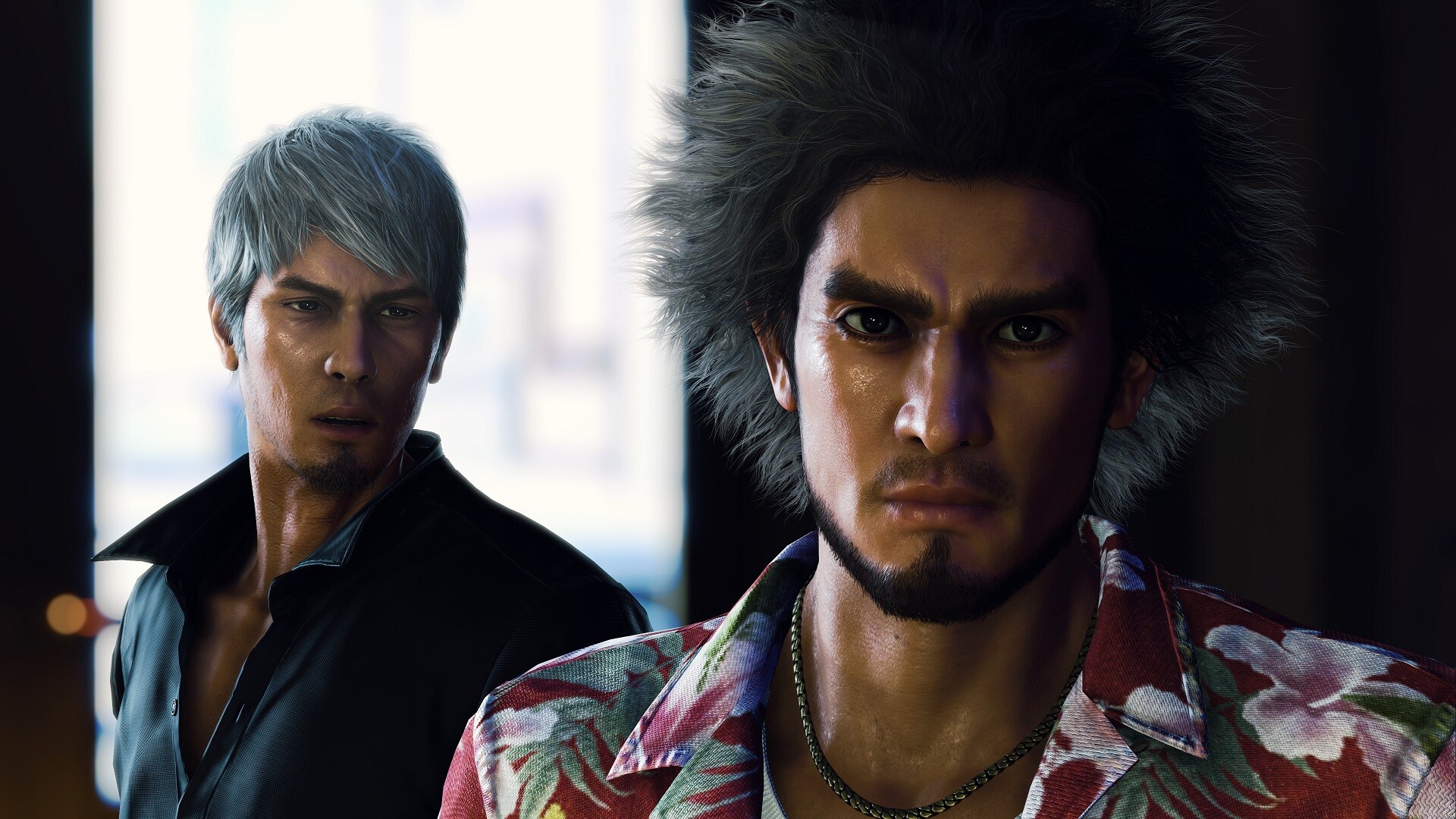
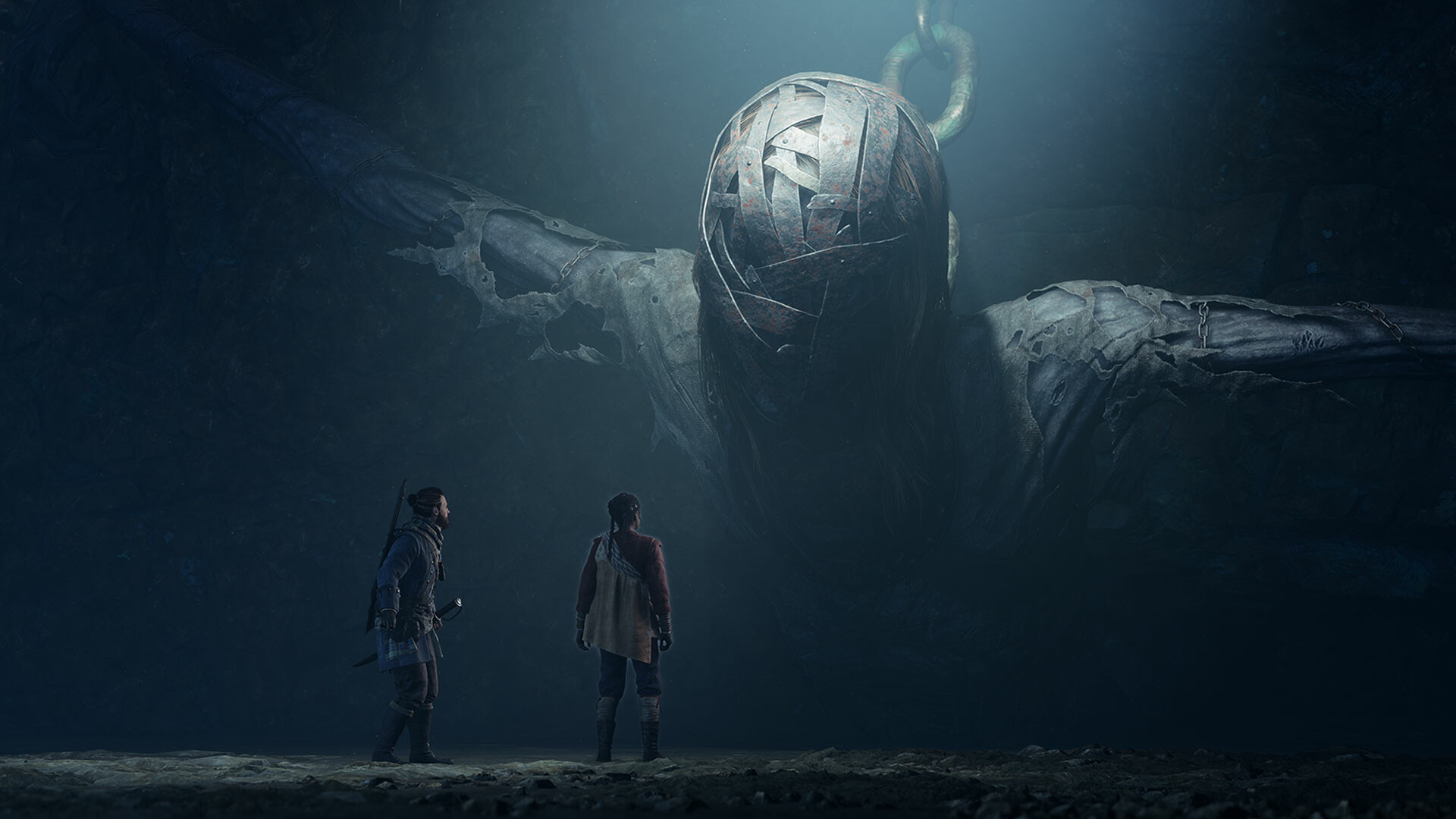
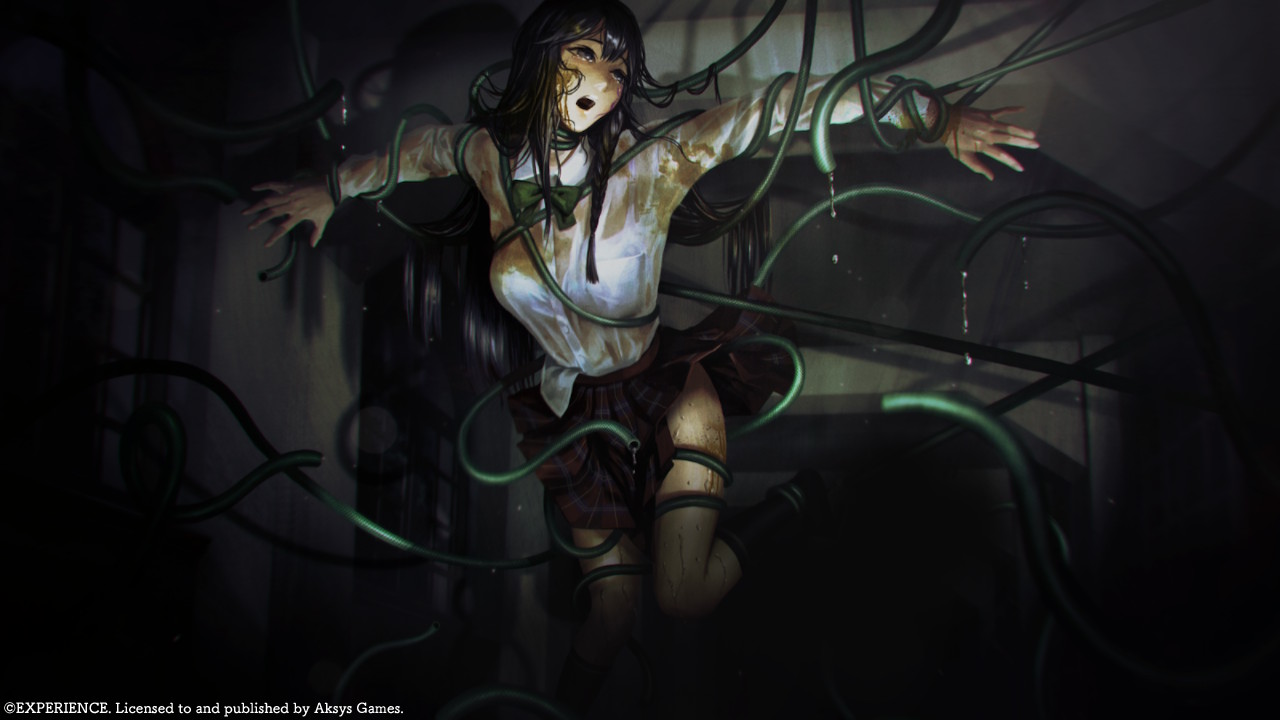
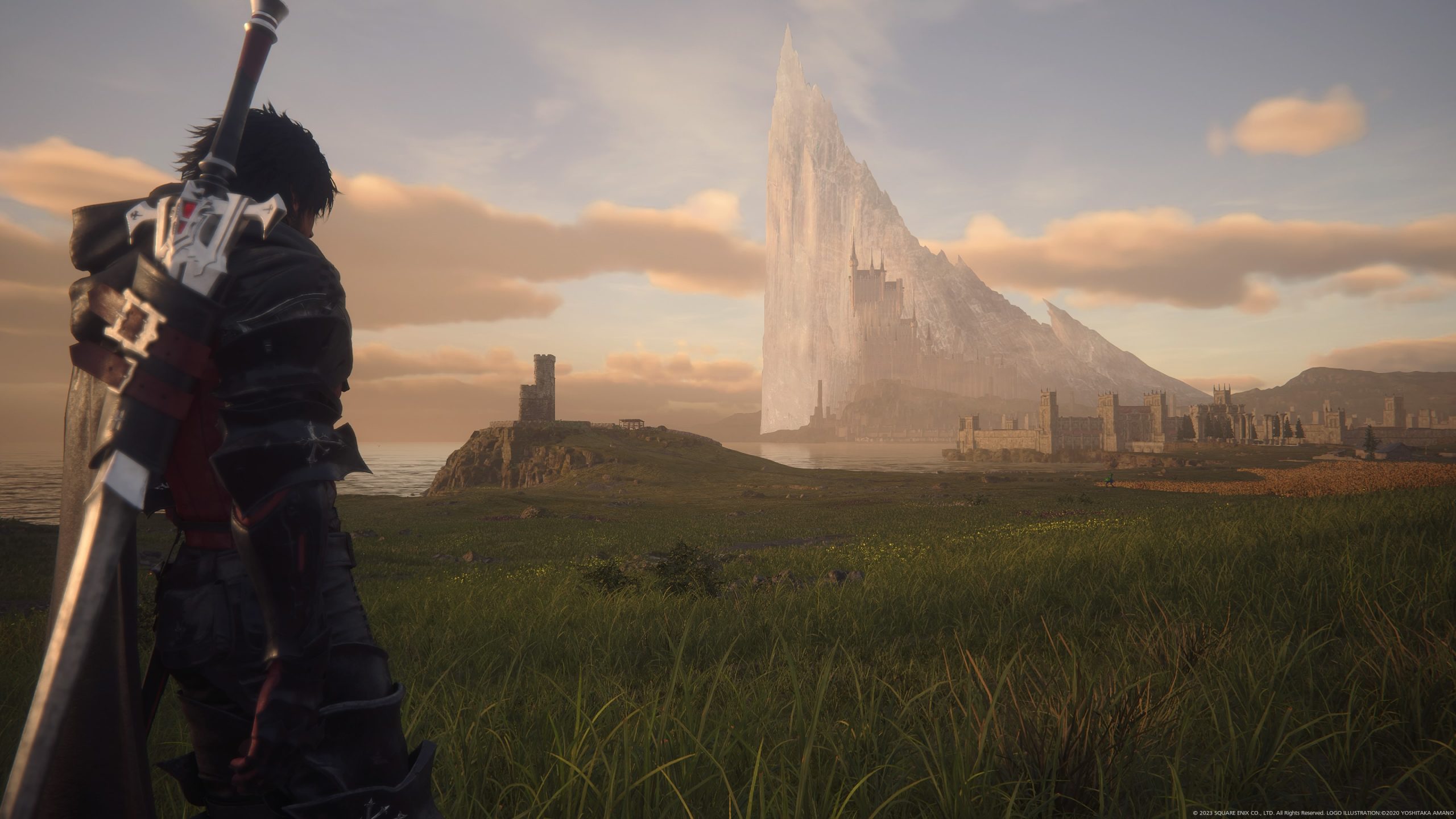

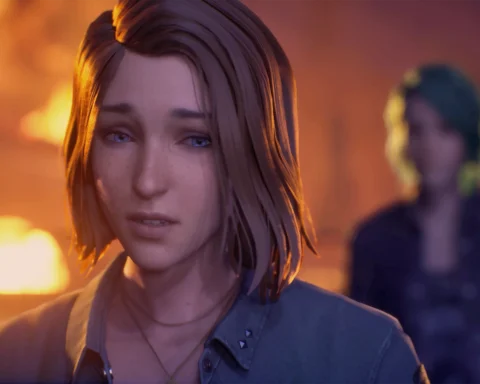
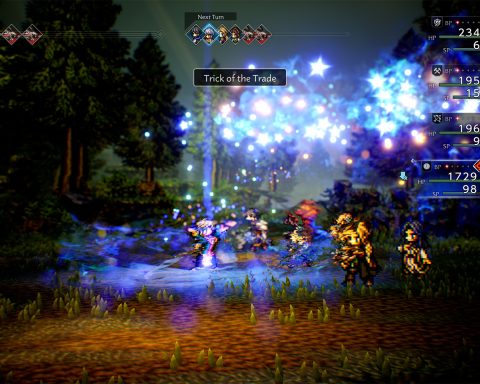

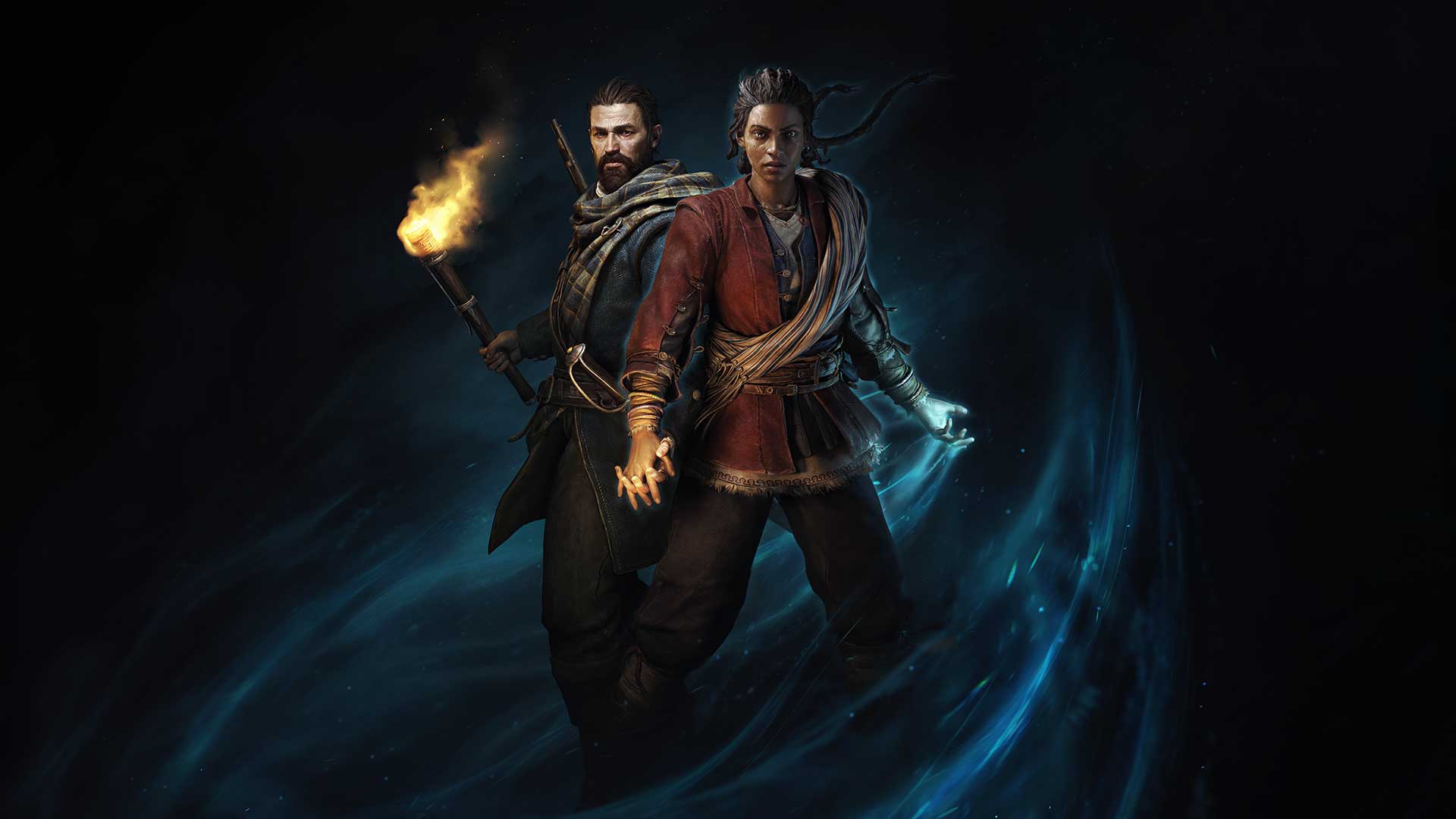
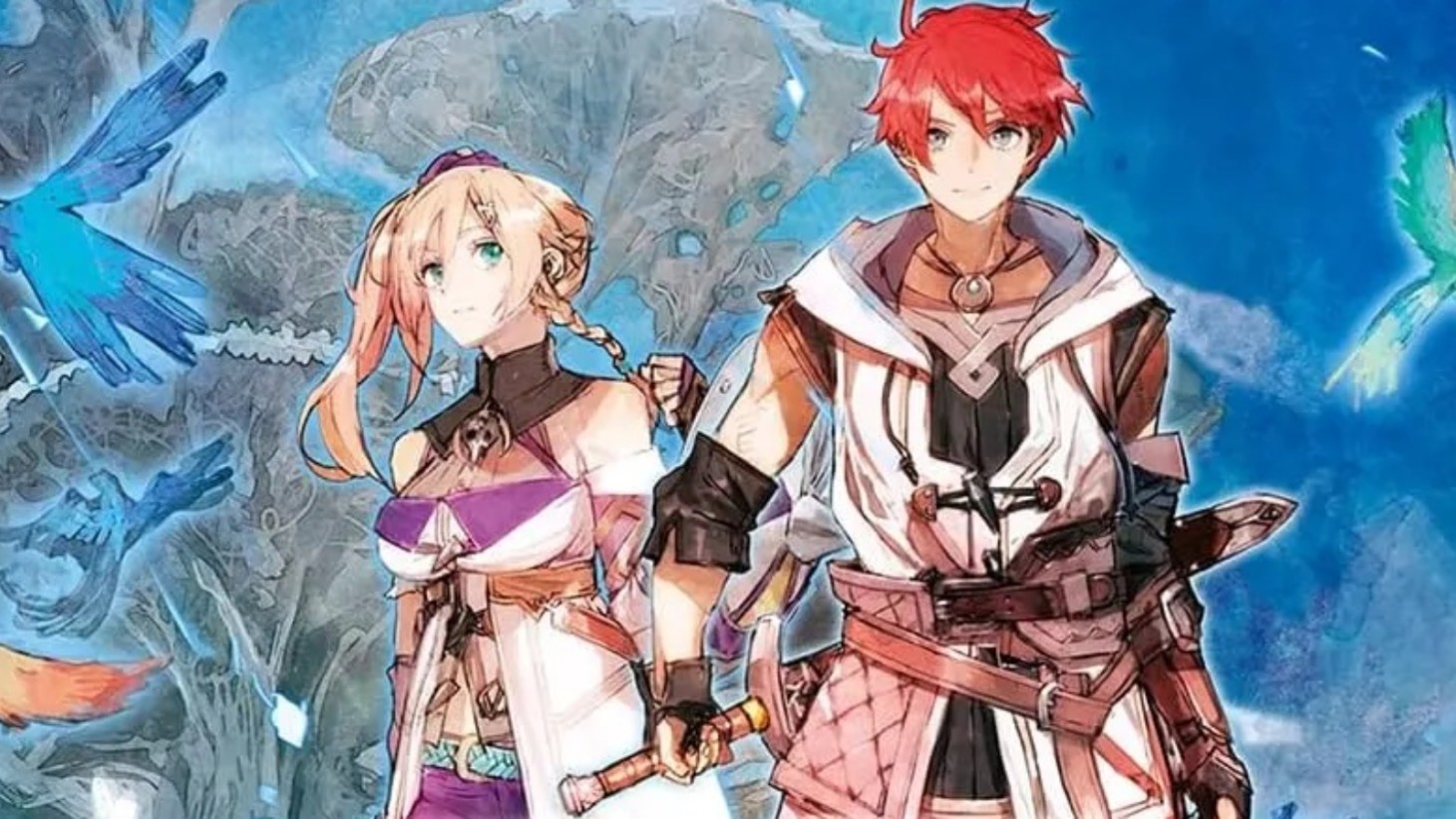





Final Fantasy XVI is, I think, one of the best examples of how a lot of today’s critics are woefully ill-equipped to comment on games at anything other than the most superficial surface level. And a lot of “gamers” aren’t much better, either. I’ve given up trying to have a discussion with people who just go “lol, FFXVI was boring” because they just don’t *want* to listen. (Also that stance baffles me, because even taken at surface level, FFXVI was anything but “boring”!)
I’m still baffled as to why, as an art form, games haven’t developed a stronger community of specialist commentators in the same way that other media has. Yes, sites that specialise in certain niches definitely exist, but the big sites that offer the shallowest opinions still dominate the discussion.
Really agree with your points — thumbs up!
There’s probably some truth to this, but I feel like while game writing has improved, it’s still not often very special (and that’s true of both western and Japanese games), and I’d argue that it’s easier to deliver emotional stories (as they can hit even if they’re a bit hackneyed) than it is the deeper and more symbolic stories that Japanese games often strive for.
So in other words their storytelling is arguably more ambitious, but often less successful for it. Of course, the mere fact that they’re trying to do more/different things will appeal a lot to some people, but I think the execution is as much an issue as people just missing the point (though that will be a factor too).
Also, story is of course just one part of a game and that’s far from the only reason Japanese games often don’t review as well. Maybe some parts of it are down to cultural differences in terms of the gameplay western reviewers like too, but some of the criticisms are very valid I think. To take FF XVI for example since you brought that up, there were a lot of complaints of MMO-style fetch quests.
I actually tend to feel that – for reasons I’m not clear on – a lot of Japanese games (and especially JRPGs) can feel a bit mechanically dated. They might have some interesting innovations, but just as much can feel either stuck in the past or simply a bit of a drag (e.g. the endless repetitive battles in Infinite Wealth, and its super bland proc-gen dungeon that only seems to exist to give you somewhere to grind, when they could have easily removed grinding from the game entirely).
It’s a game I otherwise love and with a lot of cool ideas, but there’s a lot of stuff that I’m not sure why Japanese games struggle to escape. Even random battles – which in recent years they seem to have mostly ditched – stuck around way, way too long.
And some of this might again be my western perspective just not lining up with Japanese tastes, but it’s hard for me to see how stuff like that is good design, and either way, it will be affecting review scores at least as much as the writing in these games does.
You make a good point, and at some point down the track I do need to write a piece about “best practice” game design in the west versus what the Japanese developers do. It is a different approach, I agree.
Japanese developers aren’t trying to hit the mythical “wider audience”, focusing instead on a target audience and they don’t all hire the same group of writers to write all their scripts, especially not ones more focused on North American politics rather than crafting an engaging story with universal themes.
There’s also cultural differences, but I think a lot of it comes down to the “lowest common denominator” part I mentioned. It’s why western open world games place tons of markers or waypoints on the world map while Zelda does not. Can’t have players missing “content” after all!
Frankly, the premise of the article raises some questions. In particular, the idea that Japanese games are more symbolic than “Western” ones sounds like an exaggeration, to say the least. For example, games like BioShock and Disco Asylum (which work with complex, multi-layered metaphors) are overlooked here, as are Japanese games with straightforward narratives – such as Resident Evil, Street Fighter, or Ninja Gaiden. In general, one of the authors of Ergo Proxy said something like this – “The Japanese do not know how to work with deep meanings and do not understand the most obvious metaphors.” It is clear that this is about anime and the opinion of only one person, but it is an indicator that the Japanese themselves are not inclined to exaggerate the symbolism of their mass media.
And it can’t be said that the symbolism has gone unnoticed – on TV Tropes it is even labeled as “Anvilicious” (that is, excessively loud, obvious, and intrusive) – including the ecology (Quote: “The crystals themselves are pure Aesoptinium. A prized and fought-over resource that is indirectly causing a massive ecological disaster that slowly drives the planet uninhabitable, yet nobody in power wants to admit what is obviously the source of their problems, in the process ensuring their descendants won’t have a world to rule? Gee, doesn’t that sound familiar…”). And even less symbolic stories can be more complex if we think about it.